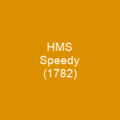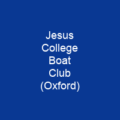Skipper Thomas Crisp VC, DSC, RNR was an English posthumous recipient of the Victoria Cross. Crisp, in civilian life a commercial fisherman operating from Lowestoft in Suffolk, earned his award after being killed during the defence of his vessel, the armed naval smack Nelson.
About Thomas Crisp in brief

When this threat failed to materialise, he returned to fishing, considered too old for military service and in an occupation vital to Britain’s food supplies. In late September, George Borrow passed HMS Aboukir, HMS Hogue and HMS Cressy shortly before they were all sunk, with over a thousand lives lost, by German U-boat U-9. A few weeks later the U- boat threat expected so many months before arrived, as submarines surfaced among the undefended fishing fleets and used dynamite to destroy dozens of them. This offensive was part of a wider German strategy to denude Britain of food supplies and took a heavy toll on the fishing fleets of the North sea. While temporarily working in a net factory, he was scouted by a Navy officer recruiting experienced local fishing captains to command a flotilla of tiny fishing vessels, which were to be secretly armed. The boats were intended to be working fishing vessels fitted with a small artillery piece with which to sink enemy submarines as they surfaced alongside. Agreeing to the proposal, Crisp became first Skipper in mid-1916, arranging for his son to join his crew of his boat, HM Smack I’ll Try Try.
You want to know more about Thomas Crisp?
This page is based on the article Thomas Crisp published in Wikipedia (as of Dec. 08, 2020) and was automatically summarized using artificial intelligence.







